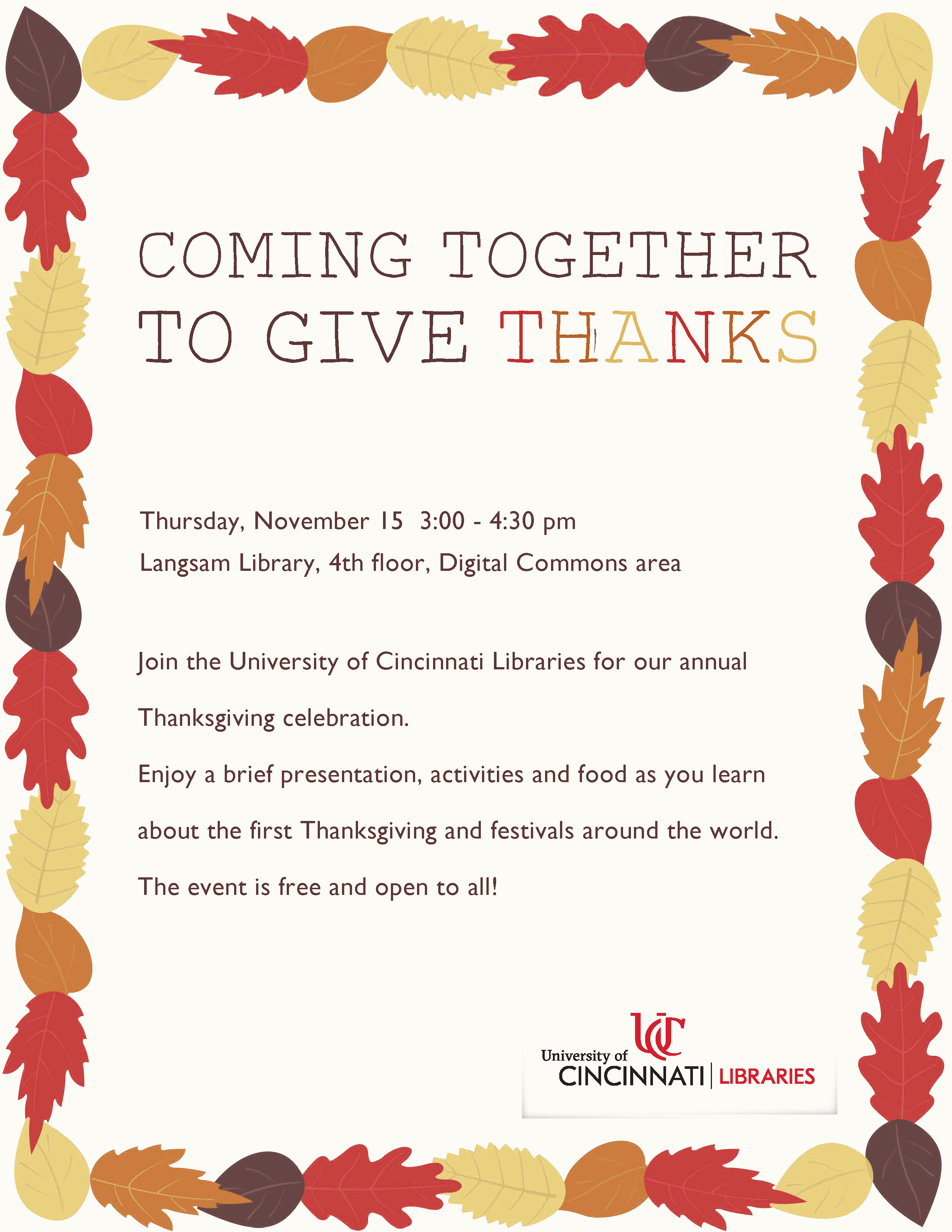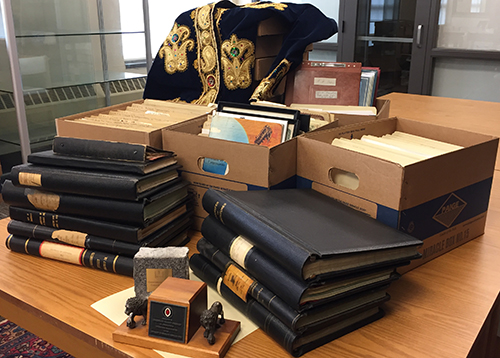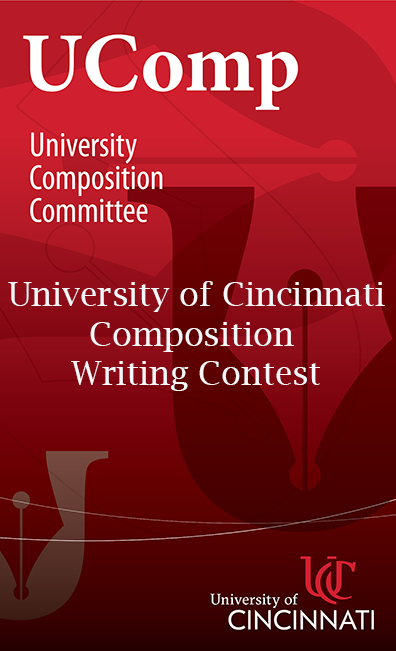
The English Composition Writing Contest is an annual celebration of the best student writing in English composition courses across all colleges at the University of Cincinnati. Students are encouraged to submit their best work from Intermediate Composition, English Composition or Introduction to Composition. For details please go the UC Composition Writing Contest Submission Portal.
Essays or multimodal projects composed during Spring, Summer, or Fall 2018 are eligible for submission.
The deadline for submissions is January 15, 2019.
Awards
Prizes are awarded for the top essay(s) in Intermediate Composition, English Composition, and Introduction to Composition. Additionally, there are prizes for the top multimodal entries.
Additional awards are sponsored by Dr. Cheryl Dunn, Emerita Faculty from the College of Engineering and Applied Science and the UC Libraries. The Dunn Award celebrates outstanding student writing at the University of Cincinnati. UC Libraries support the best research entry. The winners of these awards are selected from entries submitted to the categories listed on the application form.
Winning student essays and projects are celebrated at the Writing Awards Ceremony each spring on the Clifton campus. Winners and their instructors will be contacted in February with details about their awards and the ceremony.
Submissions
To submit, upload your entry, indicating the course, and complete the form for each project or essay you are submitting using this link. Only complete submissions will be considered for judging.

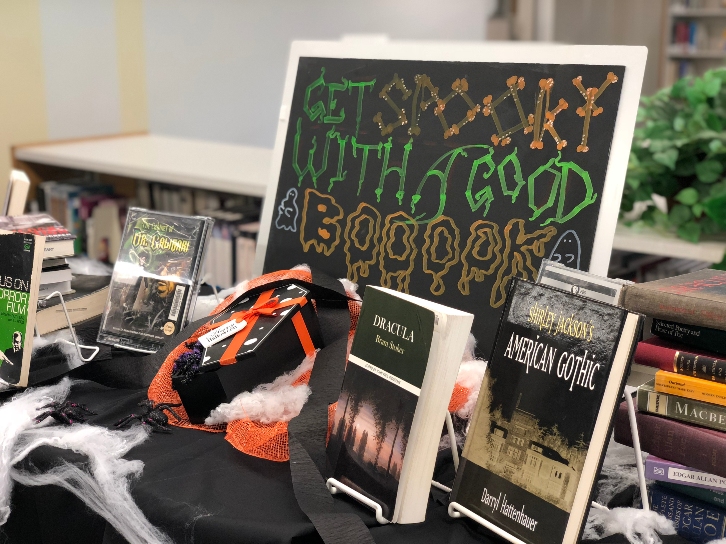
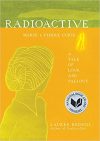


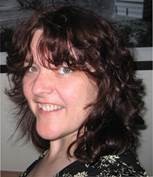

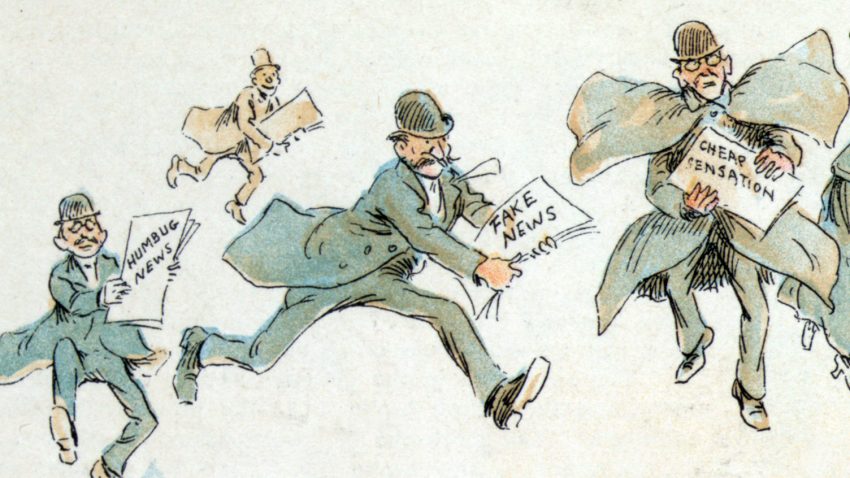 Use the suggestions below to get to the truth.
Use the suggestions below to get to the truth.